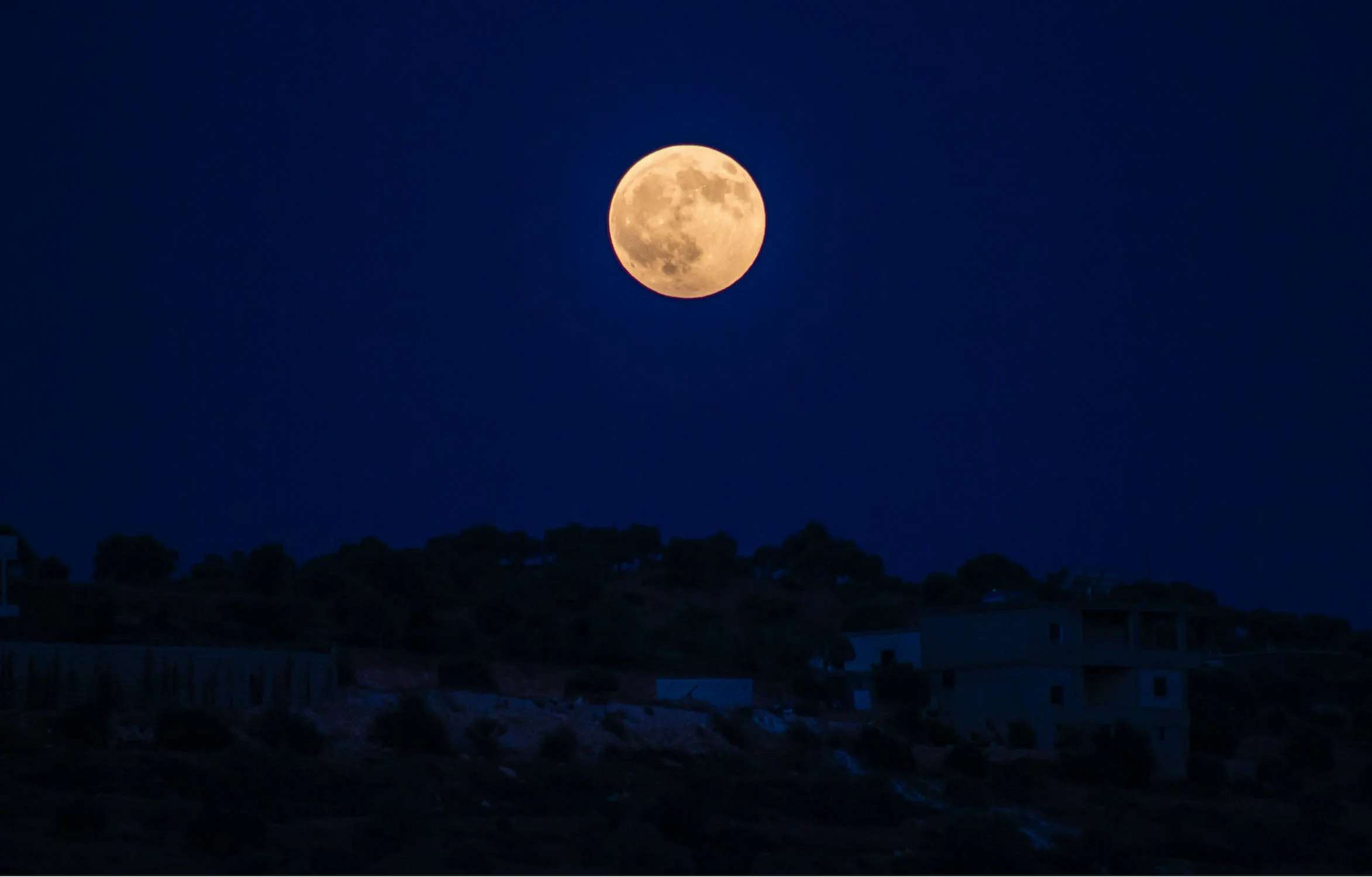Lunar Holidays

Both Jews and Muslims hold their celebrations based on a lunar calendar that precedes the modern (Gregorian) calendar. Jewish holidays, therefore, do not fall on fixed days on the modern calendar. Muslim holidays do not fall on fixed days, either, and their calendar also does not have months that match specific seasons like the modern calendar does.
Christians celebrate lunar holidays, too. Yes, Christmas is always December 25th, but what about the Easter cycle? Christians use a lunar system to determine the date of Easter. There is no modern fixed date. They look it up to see when Ash Wednesday or Easter is going to be. They get used to it shifting. Stores manage to get the peeps out in plenty of time — usually right after Valentine’s Day.
I was an adult when I learned how Easter is scheduled.
For Christians in the western church (formerly Roman), Easter is celebrated on the Sunday after the first full moon after the spring equinox. Spring Equinox falls on March 19-21, depending on the year.
Orthodox Christians (Eastern churches, like Greek, Russian, and Ukrainian – Byzantine tradition) celebrate on the full moon after Passover. That makes it fall, usually, a full month after Passover and Roman Easter.
Lunar calendars
Passover is celebrated on the full moon of the Hebrew calendar month of Nisan. Hebrew calendar months are lunar months, starting with the new crescent moon. They are shorter than the solar calendar we use for everyday life. Nisan always falls in the spring, because the Hebrew calendar incorporates leap years, where another month is added; this evens out the difference between 28- or 29-day months and 30- or 31-day months on the Gregorian calendar.
The Muslim ritual calendar is purely lunar. Every month starts at the new crescent of the moon. So there are about eleven days fewer in a Muslim year than the 365 we are used to. Because of this, seasons are not fixed into a certain month.
Ramadan is the month of prayer and fasting. It is about eleven days earlier every year. This year, it started on March 22. Next year, it will start on March 10, then February 28, 2025, and so on. This creates a different association with time.
It took me about five years of spending quality time with Muslims to notice how a calendar untethered by seasons changes a holiday. When Ramadan is at the extreme ends of the seasons, it changes them. Think about it. Muslims fast from dawn to dark. That is easy in December and hard in June. Right now, we are near the equinox heading towards the easier time of the year.
The cycle takes about 33 years to get back to the same season. When Ramadan was in the summer, the lack of water makes fasting difficult (and some say, spiritually more enlightening!). My friends who were old enough to remember, reminisced about the last time that Ramadan fell over the summer solstice.
At least for the people I know, their first few years of fasting hold a strong memory. So, when that season comes around again, they tell me of those memories. If someone starts fasting as a teen, the cycle comes around again as they approach 50. It is a good time to reflect on full adulthood and middle age.
Lunar cycles and Solar cycles
Whether you structure your life around lunar cycles or solar cycles (seasons), may you enjoy the holidays that are being celebrated by Muslims, Jews, and Christians this week.